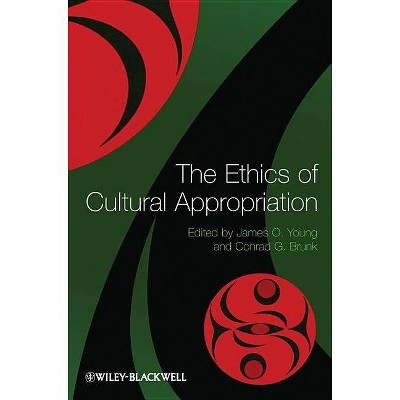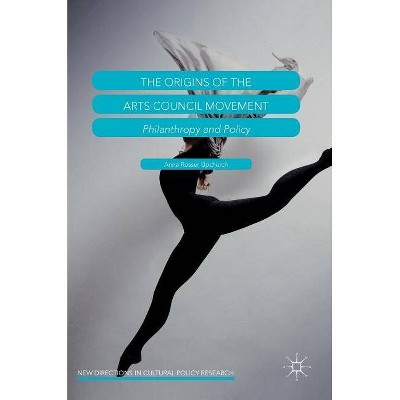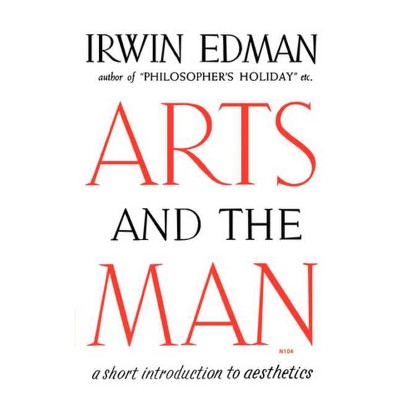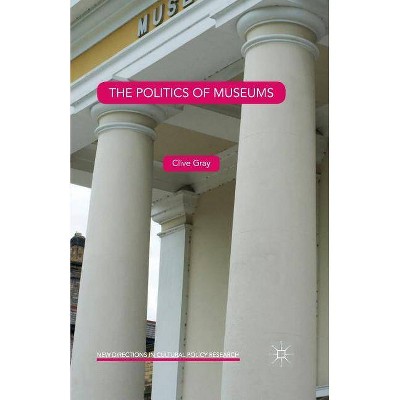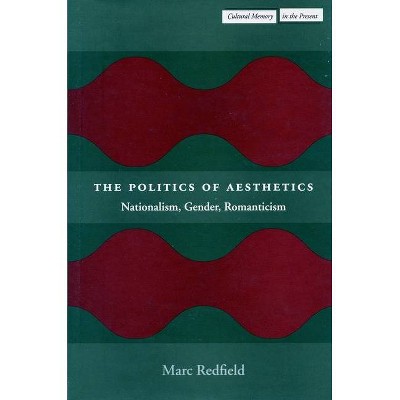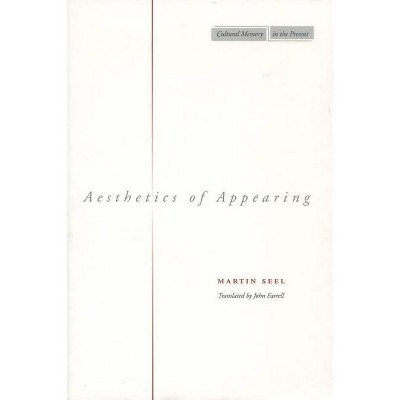Cultural Appropriation and the Arts - (New Directions in Aesthetics) by Young (Paperback)
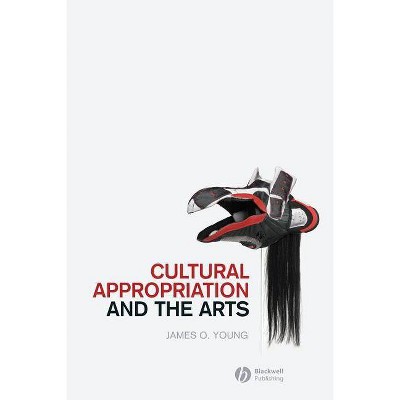
Similar Products
Products of same category from the store
AllProduct info
<p/><br></br><p><b> Book Synopsis </b></p></br></br>Now, for the first time, a philosopher undertakes a systematic investigation of the moral and aesthetic issues to which cultural appropriation gives rise. <br /> <ul> <li>Cultural appropriation is a pervasive feature of the contemporary world (the Parthenon Marbles remain in London; white musicians from Bix Beiderbeck to Eric Clapton have appropriated musical styles from African-American culture)<br /> </li> <li>Young offers the first systematic philosophical investigation of the moral and aesthetic issues to which cultural appropriation gives rise<br /> </li> <li>Tackles head on the thorny issues arising from the clash and integration of cultures and their artifacts<br /> </li> <li>Questions considered include: "Can cultural appropriation result in the production of aesthetically successful works of art?" and "Is cultural appropriation in the arts morally objectionable?"<br /> </li> <li>Part of the highly regarded New Directions in Aesthetics series</li> </ul><p/><br></br><p><b> From the Back Cover </b></p></br></br>Cultural appropriation is a pervasive feature of the contemporary world. The Parthenon Marbles remain in London. Works of art from indigenous cultures are held by many metropolitan museums. White musicians from Bix Beiderbeck to Eric Clapton have appropriated musical styles from African-American culture. From North America to Australasia, artists have appropriated motifs and stories from aboriginal cultures. Novelists and filmmakers from one culture have taken as their subject matter the lives and practices of members of other cultures. <p>The practice of cultural appropriation has given rise to important ethical and aesthetic questions: Can cultural appropriation result in the production of aesthetically successful works of art? Is cultural appropriation in the arts morally objectionable? These questions have been widely debated by anthropologists, archaeologists, lawyers, art historians, advocates of the rights of indigenous peoples, literary critics, museum curators and others. At root, however, these questions are philosophical questions. Now, for the first time, a philosopher undertakes a systematic investigation of the moral and aesthetic issues to which cultural appropriation gives rise.</p><p/><br></br><p><b> Review Quotes </b></p></br></br><br><p>"Cultural Appropriation and the Arts, by James O. Young, provides an analytical, comprehensive overview of ethical and aesthetic issues concerning cultural appropriation." (<i>Journal of Cult Economy</i>, 25 March 2011)</p> <p> </p><br><p/><br></br><p><b> About the Author </b></p></br></br><b>James O. Young</b> is Professor and Head of the Department of Philosophy, University of Victoria. He has published extensively on philosophy of language and philosophy of art. His previous books include <i>Global Anti-realism</i> (1995) and <i>Art and Knowledge</i> (2001), and he is editor (with Conrad Brunk) of <i>The Ethics of Cultural Appropriation</i> (Wiley-Blackwell, 2009).
Price History
Price Archive shows prices from various stores, lets you see history and find the cheapest. There is no actual sale on the website. For all support, inquiry and suggestion messages communication@pricearchive.us
